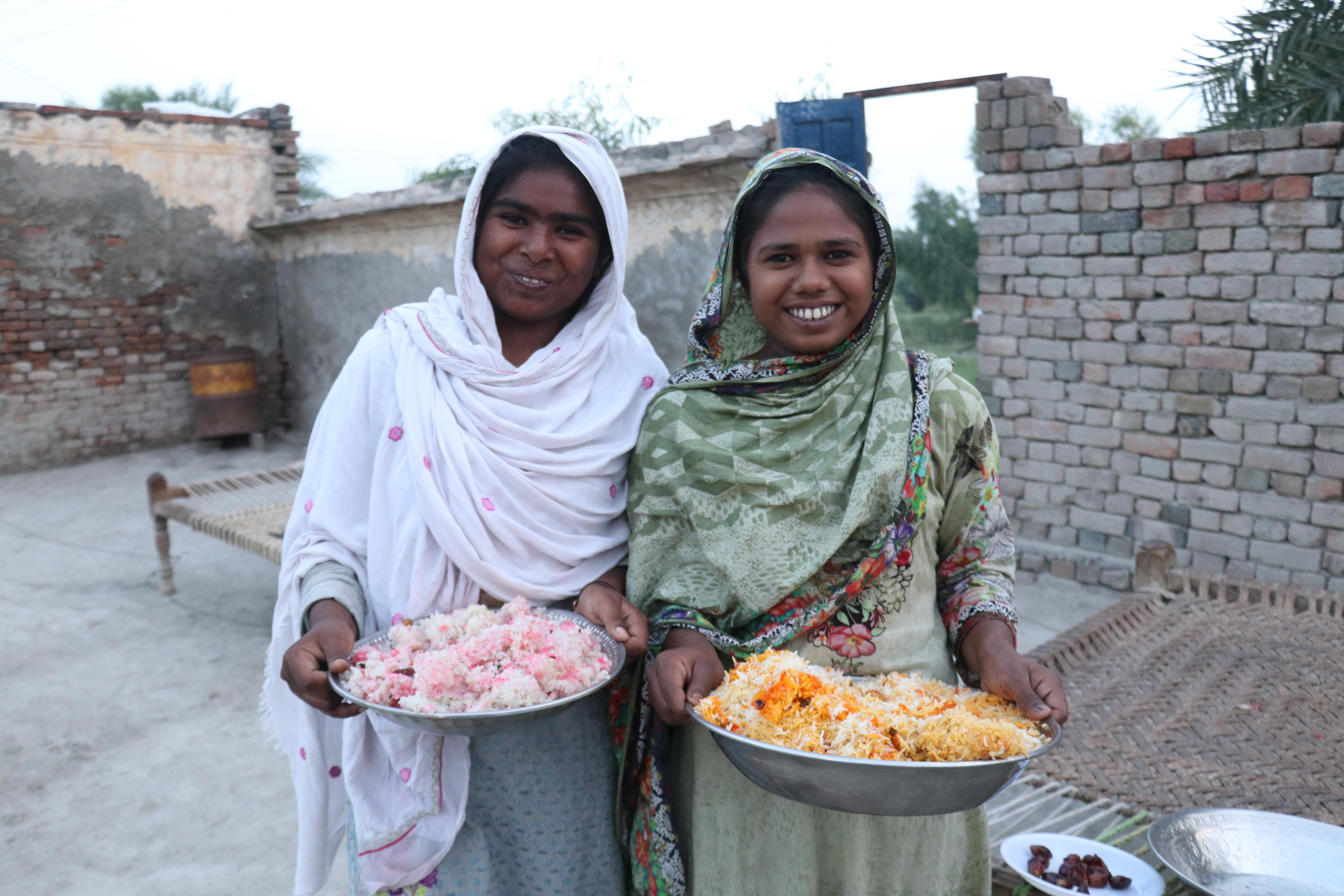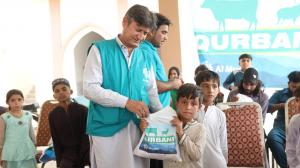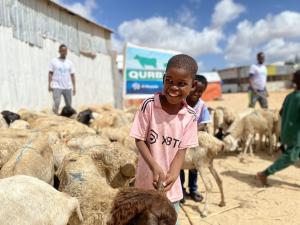
Ramadan is a hugely important time for Muslims all around the world. It is a time for heightened spirituality, increased worship and good deeds. It is a time full of rewards and blessings, and seen as a time of purification and resetting.
However, fasting for long periods of time (up to 20 hours per day in some parts of the world) and when the weather is mild, can take some adjusting for the body. Muslims fast from sunrise to sunset, which means sometimes people begin to feel dehydrated and lethargic. Many communities also prepare special, rich food for iftar in Ramadan, which can leave us feeling bloated and uncomfortable.
It is important to take care of our bodies in Ramadan so we are able to do as much additional worship as we would like to. The threat of Covid-19 is still rife in our communities, so it is important we keep our immune systems strong.
Make sure you are eating right
Food is a very important part of how we stay healthy and with a good, strong immune system. In Ramadan, take extra care to consume a healthy, balanced diet including a range of carbohydrates, protein, healthy fats, fibre and essential vitamins and minerals.
At suhoor time, opt for slow-release carbohydrates such as oats, wholegrain rice and wholemeal bread. These are particularly good food options to help you keep up your strength and energy throughout the day.
At iftar time, ensure you are drinking enough water in the hours leading up to suhoor, and opt for those foods that also have high water content such as watermelon. Ensure you are eating a good amount of protein, while being careful to not over-eat.
Revive the sunnah with your meals
To add more barakah to your meals, revive the sunnah and add more food that our Prophet Muhammad (saw) encouraged us to eat, including water, dates, honey and milk.
Dates contain many nutrients and health benefits including reducing blood pressure, reducing the risk of heart disease and colon cancer and relieving constipation. Dates are a great source of slow-release energy - keeping you going for longer.
What not to eat
Where possible, avoid caffeine during suhoor, which causes dehydration and can make the fast more difficult for you. Consider replacing your tea and coffee with decaf options or milk and fresh juice. Overall, reducing the amount of caffeine you are drinking in Ramadan can help make your body adjust to the fasting easier. Many people have headaches during longer fasts due to caffeine withdrawal, so it is important to try and manage this.
Avoid carbonated and fizzy drinks as these too can cause bloating and dehydration.
Be mindful of how much salt you use while cooking during Ramadan, as too much sodium can lead to bloating, leaving you feeling uncomfortable and heavy in the evenings while you pray. In line with this, it is advisable to limit the amount of fried and heavy foods you are eating at iftar time (despite the temptation!), as this will help you feel light and energetic rather than heavy and sleepy.
Stay active
It is important to keep moving while fasting, especially as restricted activity at the moment means that we are all spending more time at home. Exercise has great health benefits and can be done without putting too much strain on your body.
It’s sensible to build up your levels of exercise gradually throughout the month. A brisk walk around your area before iftar might be a good idea. You could even tie this into listening to Qur’an or to an Islamic talk if you want to be really productive!
Seek advice if you are unwell
It is important not to over-exert yourself in Ramadan, and seek advice where necessary. While it is always better to fast if you can, you are excused if fasting could worsen your condition. If you’re unable to fast due to illness, you must make up these fasts when you are fully recovered.
The Qur’an states, “Whoever is ill or on a journey, then the prescribed period should be made up by days later. Allah intends for you ease and does not intend for you hardship…” (Qur’an, 2:184-5).
Allah has also accounted for those with longer-term health conditions who are not able to make up missed fasts by requiring that they pay fidya, which is money given to the poor for each fast missed in Ramadan. The same is applied for pregnant and lactating women.
Join us to serve communities most in need this Ramadan. At Al Mustafa Welfare Trust, our 100% donation policy means every penny reaches those most in need and helps to save lives.





